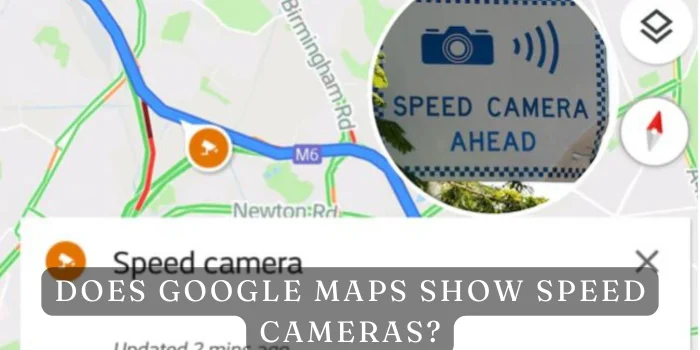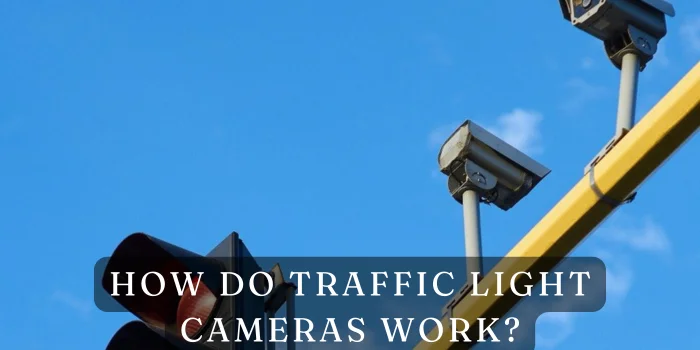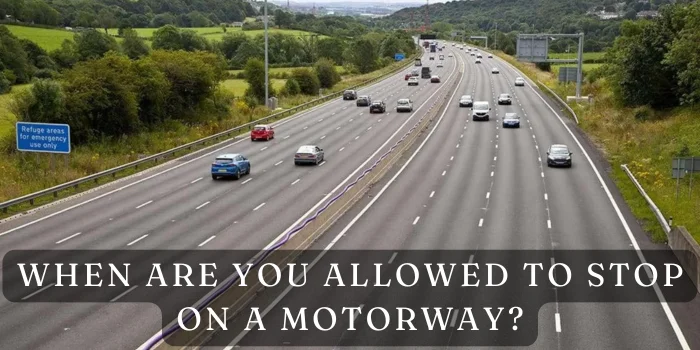Do Speed Cameras Work at Night? Understanding How They Function 24/7
Speed cameras are a common sight on UK roads and are crucial in maintaining road safety. Their primary purpose is to deter drivers from exceeding speed limits, ultimately reducing the number of accidents. However, a question that often arises is whether these cameras are as effective at night as they are during the day. Let’s dive into the details and explore how speed cameras work around the clock.
Purpose of Speed Cameras:
The main goal of speed cameras is to monitor and enforce speed limits on roads. They act as a deterrent to prevent drivers from speeding, reducing the risk of accidents. Speed cameras are strategically placed in areas with high traffic volumes, near schools, or zones known for frequent accidents.
Different Types of Speed Cameras:
Various types of speed cameras are used in the UK, including fixed speed cameras, mobile speed cameras, and average speed cameras. Each has a unique method of operation, but they all serve the same purpose—ensuring drivers adhere to speed limits.
The Functionality of Speed Cameras at Night:
How well do speed cameras perform under darkness? The answer lies in the technology that allows these devices to function effectively, even in low-light conditions.
How Speed Cameras Capture Vehicles in Low Light:
Speed cameras are equipped with advanced technology that enables them to capture clear images of vehicles, even at night. They use high-resolution cameras that are light-sensitive, ensuring that vehicle registration plates are legible regardless of the time of day.
The Role of Infrared and Flash Technology:
Many speed cameras are fitted with infrared sensors or flash technology that activates when a vehicle is detected speeding. The infrared light is invisible to the human eye. Still, it allows the camera to capture a clear image of the vehicle’s vehicle’s number plate without causing any distraction to the driver.
The Impact of Weather Conditions on Speed Camera Performance:
While speed cameras are highly effective at night, their performance can be impacted by severe weather conditions such as heavy rain, fog, or snow. However, most modern speed cameras are designed to minimize the effects of adverse weather, ensuring they remain accurate and reliable.
Types of Speed Cameras That Work at Night:
Different types of speed cameras are used on UK roads, and understanding their functionality can help you better understand how they operate at night.
Fixed Speed Cameras:
Fixed speed cameras are the most common type found on UK roads. They are permanently installed at specific locations and continuously monitor the speed of passing vehicles. Thanks to their advanced imaging technology, these cameras work equally well at night.
Mobile Speed Cameras:
Law enforcement officers often use mobile speed cameras in vehicles or on tripods. These cameras are highly versatile and can be positioned in various locations. Like fixed cameras, mobile speed cameras have night vision capabilities, making them effective during nighttime operations.
Average Speed Cameras:
Average speed cameras monitor a vehicle’s speed over a distance rather than at a single point. These cameras work day and night, calculating a vehicle’s average speed between two or more points. The technology used ensures they are accurate and effective regardless of the time of day.
Common Misconceptions About Speed Cameras at Night:
Several myths surround the operation of speed cameras at night. Let’sLet’s debunk some of these common misconceptions.
Do Speed Cameras Flash at Night?
Some people believe speed cameras don’t flash at night to avoid distracting drivers. While it’s true that some cameras use invisible infrared light instead of a visible flash, others do emit a flash when a vehicle exceeds the speed limit. The key is that these flashes are designed not to impair the driver’s vision.
Can You Avoid Detection at Night?
Another common myth is that you can avoid detection by driving faster than the camera can capture your vehicle. However, this is far from the truth. Modern speed cameras are designed to catch speeding vehicles, regardless of their speed.
The Effectiveness of Speed Cameras in Reducing Nighttime Accidents:
Speed cameras are not just a tool for catching speeding drivers; they also significantly reduce accidents, particularly at night.
Statistical Evidence of Accident Reduction:
Studies have shown that areas with speed cameras have a lower incidence of accidents. This is particularly true at night when visibility is reduced and the risk of accidents is higher. Speed cameras encourage drivers to adhere to speed limits, leading to safer roads.
The Deterrent Effect of Speed Cameras:
Knowing that speed cameras are operational 24/7, including at night, is a strong deterrent for drivers who might otherwise be tempted to speed. This contributes to the overall effectiveness of these cameras in improving road safety.
Legal Implications of Speeding at Night:
Speeding at night can have serious legal consequences. Understanding the penalties associated with nighttime speeding is crucial for all drivers.
Penalties for Speeding at Night:
If you’re caught speeding at night, the penalties are the same as during the day. Depending on the severity of the offence, you could face fines, points on your license, or even disqualification from driving. The consequences are severe, so sticking to the speed limit is essential.
The Importance of Adhering to Speed Limits Regardless of Time:
Adhering to speed limits is critical for your safety and the safety of others on the road, day or night. Speed limits are in place to protect everyone, and it is important to always respect them.
Conclusion:
In conclusion, speed cameras are highly effective tools for enforcing speed limits, regardless of the time of day. Thanks to advanced technology like infrared sensors and high-resolution cameras, these devices work as well at night as they do during the day. Speed cameras help reduce accidents and ensure that drivers adhere to the speed limits, making roads safer for everyone.
Frequently Asked Questions (FAQs)
Can all speed cameras work in complete darkness?
Yes, most modern speed cameras have infrared technology that allows them to function in complete darkness.
Is there a higher chance of getting caught speeding at night?
The chance of getting caught speeding is similar regardless of the time of day, as speed cameras are designed to work effectively 24/7.
How accurate are speed cameras at night?
Speed cameras are highly accurate at night, thanks to advanced imaging technology and infrared sensors that ensure clear captures even in low light.
Do speed cameras ever malfunction at night?
While rare, speed cameras can occasionally malfunction due to extreme weather conditions. However, regular maintenance ensures they are reliable and effective.






